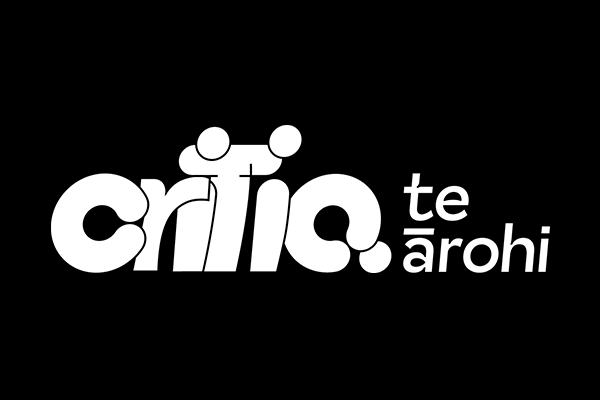Last week, Critic Te Ārohi reported on the criticism faced by an Otago Uni panel discussion about “Inequality in Aotearoa” which featured an all-Pākehā group of panellists. Ahorangi Tūhono (Associate Professor) Alex MacMillan, who was due to participate in a separate panel on sustainability, withdrew when she was made aware of the raru (problem). She spoke to Critic Te Ārohi about why she made the move, and some of the raru she would like addressed moving forward.
Alex, who is based in Te Tari Hauora Tūmatanui (Department of Preventative and Social Medicine), told Critic Te Ārohi that her withdrawal was one way of taking personal responsibility for the raru. “The thing about being tauiwi and being aspiring to be tāngata Tiriti, yet working in a colonial institution, is that you end up being partly responsible for institutional mistakes... What we do with those mistakes matters a lot,” she said.
She saw the issue of sustainability, which she was due to speak on, as being “inseparable” with that of “colonialism and colonial capitalism”. Any effective response, she says, “needs to address those two things at once… [we] need to put mātauranga Māori and decolonisation at the centre of sustainability discussions and actions in Aotearoa.” As a result, the raru posed by an all-Pākehā panel, and more generally on a symposium series which “predominantly showcased Pākehā scholarship,” could not be separated from the panel discussion she was due to participate in. Upon reflection, she said, “It was really obvious that I needed to step down.” She highlighted that the sustainability panel’s late remedy meant the audience could hear from Professor Craig Bunt (Te Ātiawa o Te Waka-a-Māui), who spoke about innovations in food system resilience and sustainability stemming from mātauranga Māori.
Participants in forums like these need “to be attentive, [and] vigilant” to issues like these, she said. However, Alex felt the raru was deeper: there are “structural elements that [are stopping] institutional Te Tiriti and anti-racism goals from being met.” Alex suspected that these are reflective of wider structural issues in the Uni, telling Critic Te Ārohi that “admin changes over the last few years” have combined with a state of “chronic Covid emergency,” leading to “staff shortages and constant changes in administrative responsibility”. A closer look at the Uni’s “structures, resources and ways of working” is needed in order to effectively “address institutional racism,” she said.
The Uni, though, is getting some things right. In particular, Alex welcomed the new commitment towards “anti-racism” and “working towards a decolonial University,” which Vice-Chancellor David Murdoch has been emphasising since he began in his new nohonga, or position, this year. Following a report in March this year which raised concerns about “systemic racism, discrimination and bullying” across the Uni, David said that “creating transformational change in response to this report has the highest priority for me as Vice-Chancellor.” Time will hopefully show that his stated willingness to make big, system-level changes will be backed up with action.



